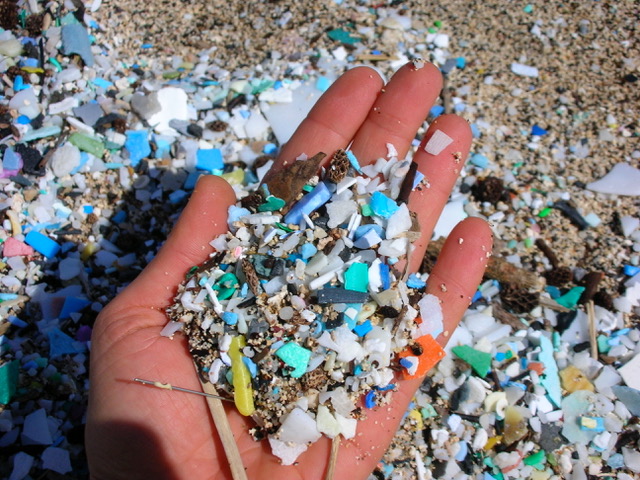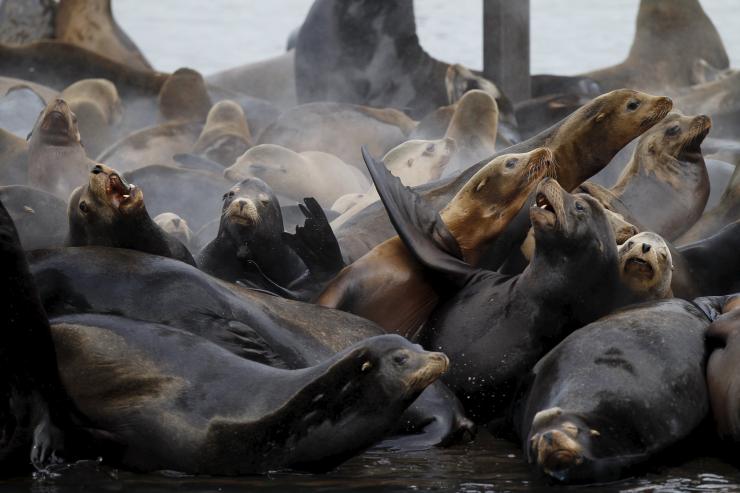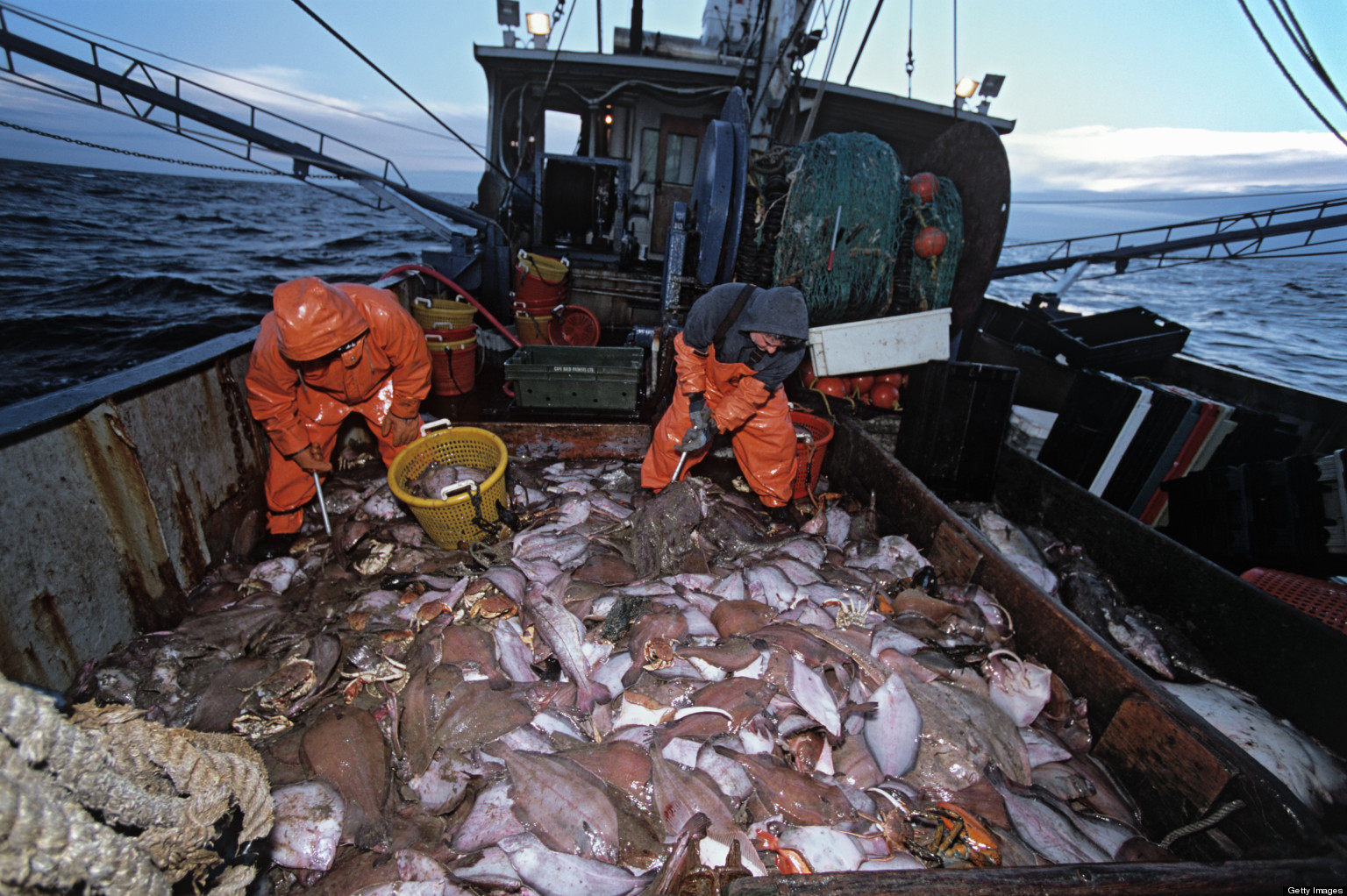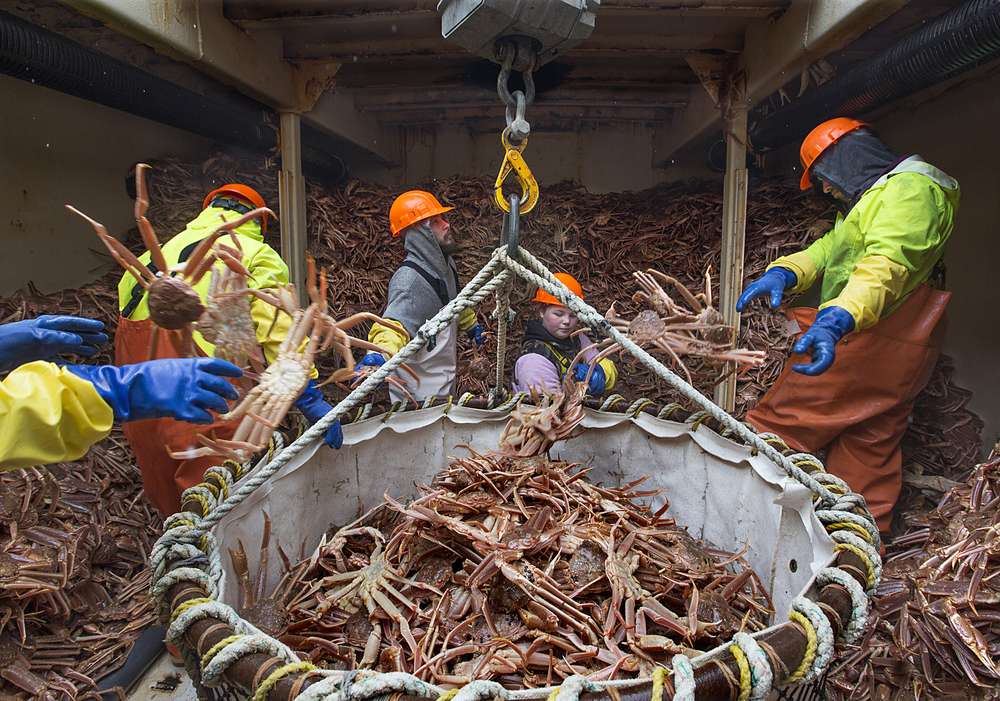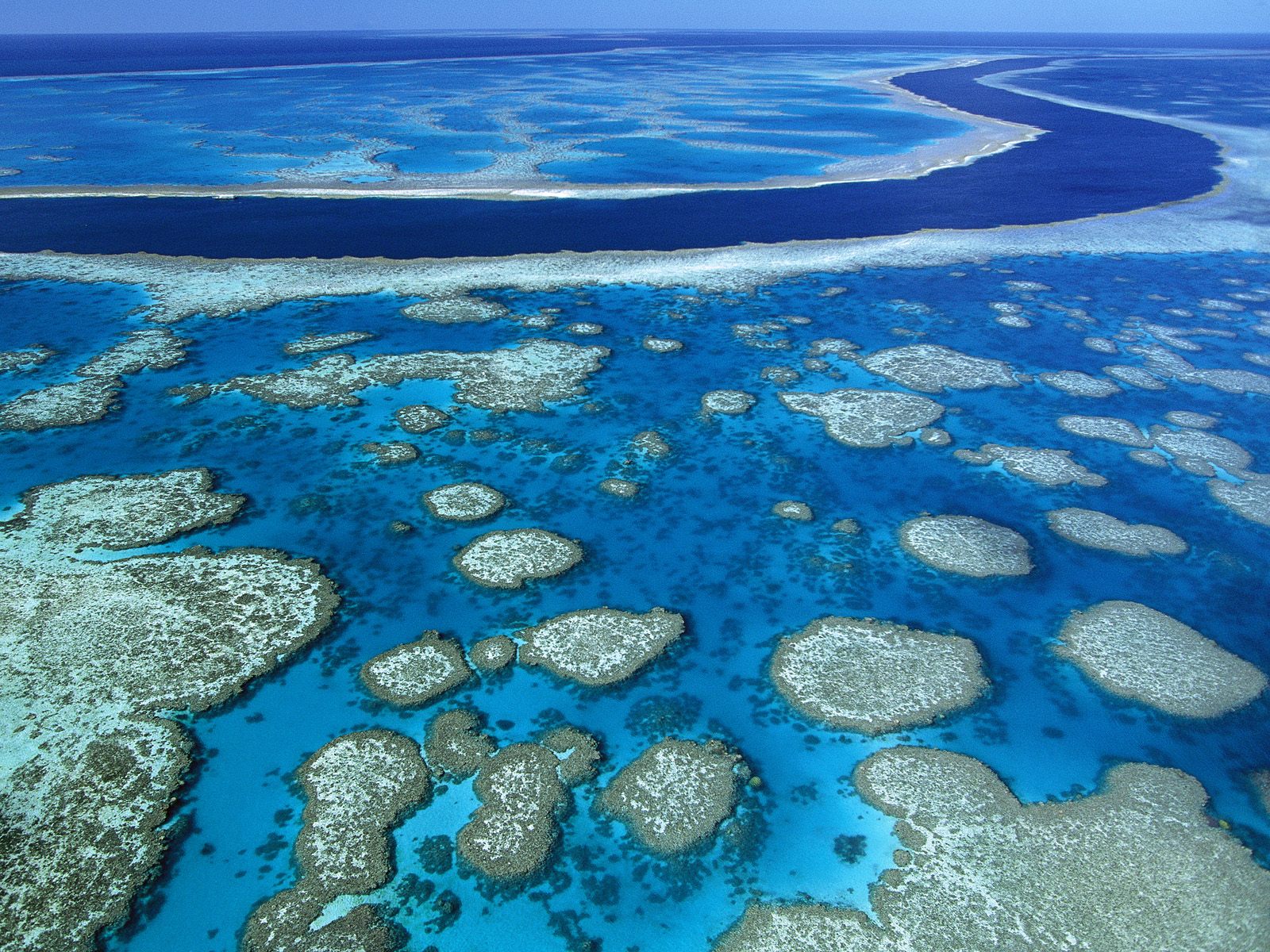In this EcoJustice Radio episode, we delve into the controversial and complex world of deep seabed mining. We feature a panel of experts discussing the environmental, economic, and geopolitical implications of extracting minerals from the ocean floor. Marine Scientists, a documentary filmmaker, mining industry officials debate the need for and consequences from extracting rare earth minerals for renewable energy technologies.
Oceans
Covering almost three-fourths of the earth’s surface, the oceans are the salt water habitat for 230,000 known species, with the unexplored depths carrying potentially 2 million more marine species. Ocean pollution, acidification, and climate change pose significant dangers in the coming years.
Waste Colonization, Plastic Pollution and the Pacific Gyre
How do we confront the swirling gyres of plastic pollution dumped into our oceans? In this show, we examine the social and environmental implications of wasted resources, and follow two interrelated approaches to solving the problem from an indigenous woman doing exemplary work in New Zealand and an LA-based plastics pollution fighter.
California Sea Lion Suffering Warming Pacific, Disappeared Sardines
Sick, starving and dying sea lion pups are washing up on the shores of California in record numbers this year. The culprit? An unusual blob of record warm water parked off the North Pacific Coast for a year and a half, affecting circulation and weather patterns with no relief in sight. Hence, sardine fisheries have collapsed with wildlife heading north.
Disappearing Cod: Sustainable Populations Require Long-Term Action
The NOAA is shutting down cod fishing for six months, from Provincetown, Mass., up to the Canadian border, in an effort to reverse plummeting numbers of the iconic fish in the Gulf of Maine. Jeffery Bolster argues humans have depredated the Atlantic’s fish stocks for centuries, and the focus on short-term fixes only compounds the problem.
Planet Ocean: Envisioning Land and Seas as One Ecosystem
“Planet Ocean” — explores how the health of the oceans are the pivot for all of Earth’s healthy ecosystems. This international documentary, directed by Yann Arthus-Bertrand and Michael Pitiot, wonders whether it is possible for Earth’s dominant inhabitants to change the way we view our oceans.
Ocean Acidification Threatens Alaskan Crab Fishery
Ocean acidification, the lesser-known twin of climate change, threatens to scramble marine life on a scale almost too big to fathom. Scientists fear changing ocean chemistry will drive the collapse of Alaska’s iconic crab fishery. Watch the video from PBS NewsHour and the Seattle Times.
Sylvia Earle: Ocean Ecosystem Sustainability By 2050
Humans are consuming the ocean’s resources at an alarming rate. How do we sustain this vital ecosystem for generations to come? National Geographic Explorer-in-Residence Sylvia Earle outlines some of the ways to protect the health of the earth’s biggest ecosystem.


